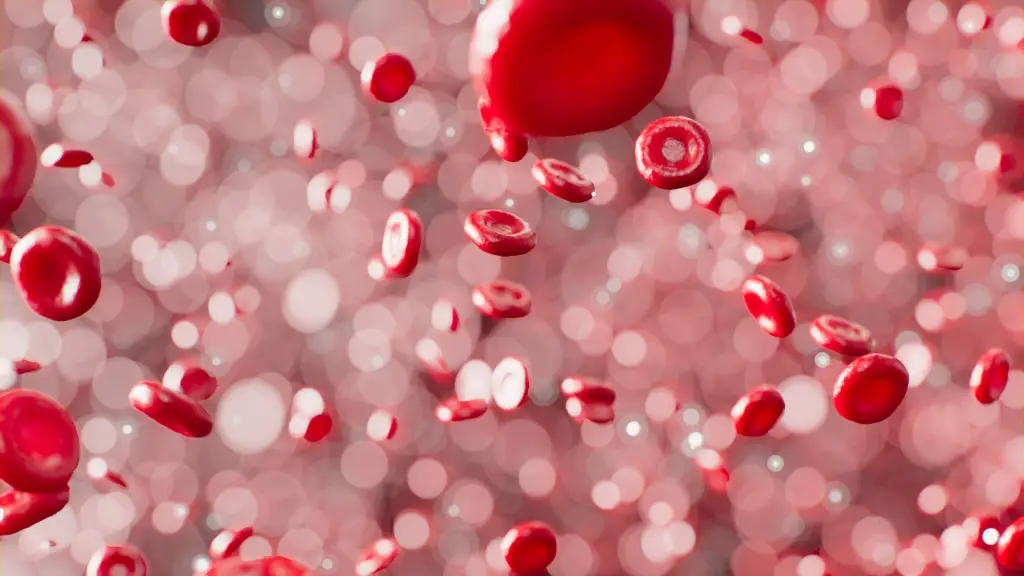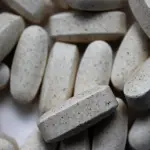Beef liver is a highly nutritious food rich in minerals, proteins and vitamins. It’s a rich source of dietary potassium, an important mineral to maintain the normal physiological functioning of the body.
Beef liver contains almost 313mg of potassium per 100g, which is about 7% of the total RDA of potassium. This organ meat is an ideal source of potassium for people on an animal-based ancestral diet.
Keep reading to learn more about potassium, and why you should get it from beef liver.
TABLE OF CONTENTS
What is Potassium?

Potassium is an important mineral we obtain from the foods we eat. It is the third most abundant mineral present in our body.
Our body’s cells contain about 98% of our total potassium. Out of this, about 80% of the potassium is present in skeletal muscles, and the remaining 20% of the potassium is found in your bones, red blood cells, and liver.
Potassium is an electrolyte because it’s highly reactive with water. When it’s dissolved in water, it produces positively charged ions responsible for electrical processes in the body. Potassium-rich foods such as beef liver and bananas etc are linked to many health benefits.
Why is Potassium Important?
Potassium is crucial to maintaining normal bodily function It is involved in the coordination and physiological responses of the body, such as:
Regulation of Fluid Balance
Potassium plays a crucial role in maintaining the fluid balance of the body. About 60% of the human body is water.
About two-thirds of this water is found inside the cells and is called intracellular fluid, while the remaining one-third of the body water is found in the extracellular compartment and is called extracellular fluid.
The abundant mineral in the intracellular compartment is potassium, while the abundant mineral in the extracellular fluid is sodium. These minerals are responsible for maintaining the fluid balance between extracellular and intracellular compartments.
The concentration of electrolytes relative to the amount of fluid is known as osmolality. Usually, the osmolality of intracellular and extracellular compartments is equal; however, if electrolyte concentration in any compartment is disturbed, fluid distribution among the compartments changes with harmful consequences.
It may cause shrinkage of cells if fluid moves out of them or cell bursting if fluid excessively moves into the cells.
Important Role in Nerves and Muscles
Potassium is important for the generation and propagation of nerve impulses and the regulation of muscle contraction.
During the generation of nerve impulses, sodium ions move from the extracellular to the intracellular compartment, and potassium ions move from the intracellular to the extracellular compartment.
This ion movement is responsible for transferring messages in the form of electrical impulses across the body.
Moreover, potassium maintains the normal contraction of muscles. Potassium irregularities can cause muscle weakness and cardiac arrhythmias.
Other Health Benefits of Potassium
Potassium has many other health benefits, such as:
- It helps in the regulation of blood pressure
- It protects from strokes
- It helps to prevent osteoporosis
- It protects against kidney stones
Other Sources of Potassium
Other rich sources of potassium are:
- Avocados
- Peas
- Bananas
- Spinach
Conclusion
Potassium is one of the most important electrolytes. It maintains neuromuscular balance and cardiac rhythmicity. Any imbalance in potassium concentration can cause serious health risks.
Potassium on the carnivore diet is especially important, because the body loses fluid when you cut carbs. Eating beef liver is a good source of potassium when you’re eating low carb or only animal-based foods.









Leave a Reply